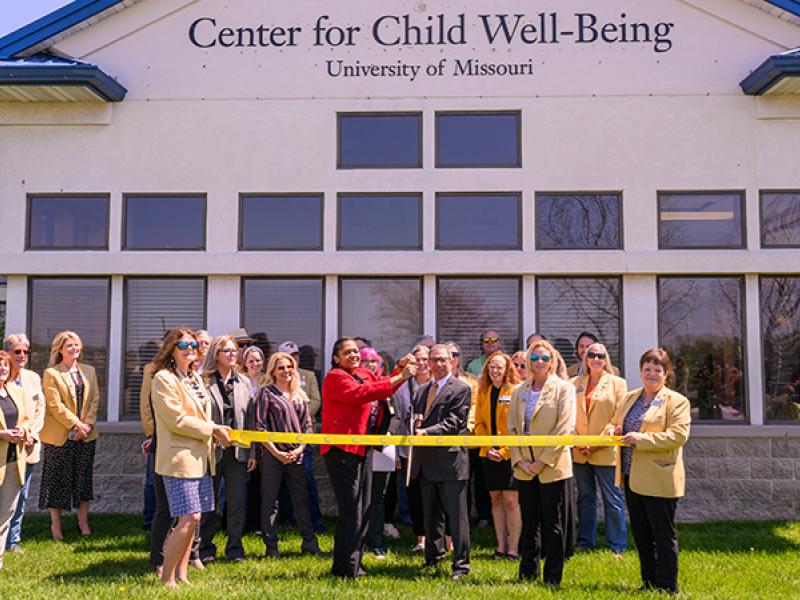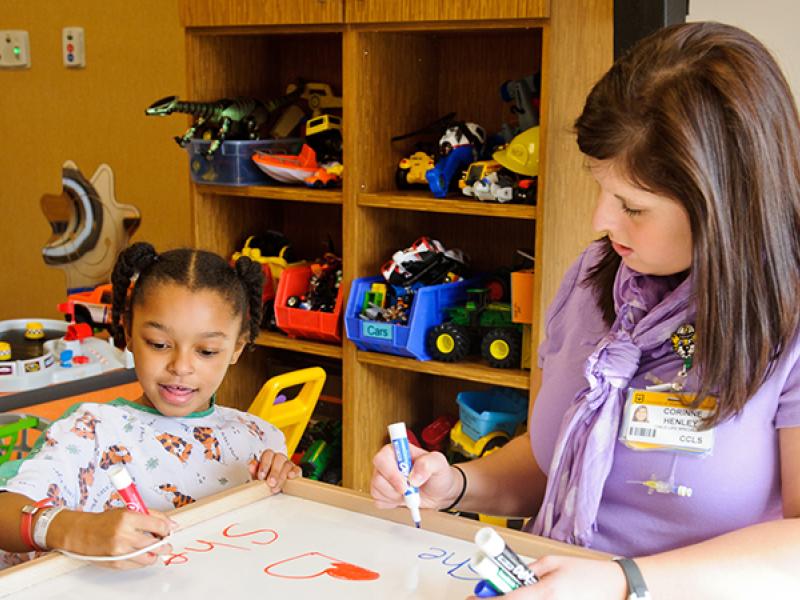Participants in the Psychiatry Clerkship are exposed to a wide variety of opportunities to learn about mental health care.
IPC 1
IPC Block 1 is an introduction to the art of the clinical encounter and to the many factors that influence the physician-patient relationship. Students learn about the specific structure and content of an interview, such as the History of the Present Illness and the Review of Systems and about the “process” of a clinical encounter, such as appropriate techniques to open an interview and how to engage and develop rapport with a patient. You also will learn about the importance of context — psychological, socioeconomic and cultural aspects of patient care that influence encounters and the physician-patient relationship. While these are relevant to general health care, the knowledge and skills covered in IPC 1 are particularly critical to the development of psychiatric evaluation and treatment.
Objectives
- Know the principles and techniques of patient centered care.
- Demonstrate the ability to apply principles and techniques of patient-centered care in a medical interview with sensitivity for different beliefs, cultures and gender and sexual identities.
- Know the principles and techniques of engaging patients, building rapport and developing a therapeutic relationship.
- Demonstrate the ability to use principles and techniques of building a therapeutic relationship effectively in a variety of clinical contexts.
- Know the structure of a medical interview.
- Demonstrate the ability to elicit complete and accurate information within the structure of a medical interview.
- Know common frameworks for clinical reasoning and differential diagnosis.
- Demonstrate initial ability to apply diagnostic reasoning principles in a range of clinical situations.
IPC 6
Learning about behavioral health is complex and critical as it intersects with and impacts virtually every aspect of health care. The spectrum of behavioral health issues ranges from distress over a diagnosis to health behaviors that cause or aggravate chronic diseases to major mental illness. IPC Block 6 has been designed to enhance appreciation for the many ways in which behavioral health issues affect patients and enhance the ability to recognize and address them.
Block 6 includes lectures on the spectrum of psychiatric disorders and behavioral health issues and their assessment and treatment in diverse settings. Small groups are focused on developing the clinical skills to elicit the information that support diagnosis, case formulation and treatment. That clinical focus is augmented with readings, experiences and discussions about the personal, cultural and public health aspects of behavioral health and mental illness. Both lectures and small groups will emphasize the value of the biopsychosocial model and synthesis of information to formulate cases and develop comprehensive treatment plans.
Objectives
- Become familiar with the characteristics, diagnosis and treatment of major psychiatric disorders in diverse health-care settings.
- Become familiar with the components of a psychiatric interview and mental-status exam.
- Become familiar with biopsychosocial case formulation and synthesis of information to develop comprehensive treatment strategies.
- Improve the ability to communicate with, assess and initiate treatment of patients with psychiatric disorders through role plays and clinical simulations.
- Gain insight into the personal impact of mental Illness on the patient and family.
- Become familiar with identification and treatment of problematic substance use in primary care.
- Become familiar with cultural, public health and policy issues related to behavioral health.
Psychiatry Advanced Electives
The Department of Psychiatry offers several electives for students interested in learning more about psychiatry after completion of the Psychiatry Clerkship. Emphasis is placed on developing skills in history taking, psychiatric diagnosis and treatment, and case presentation. Attention is focused on learning the principles of psychiatric diagnosis, developing core knowledge of diseases of the mind and general principles of caring for patients. Students participate in daily patient-care teaching rounds and weekly conferences. Electives are established in the following areas:
- Psychiatry Outpatient Clinic (Course #6835)
- Psychiatry Adult Inpatient Service (Course #6836)
- Psychosomatic Medicine (Course #6837)
- Forensic Psychiatry (Course #6838)
- Child and Adolescent Psychiatry (Course #6839)
- Geriatric Psychiatry (Course #6840)
- Addictions Medicine Selective (#6842)
- ABS Research (Course #6363)
- Narrative Medicine and the Meaningful Life (Course #6630)-Only offered in Block 19B
- Psychiatry-Rural (Course #6731)
More information about these electives can be found in the Senior Rotation Catalogue online.
Lectures
Lectures are scheduled throughout the clerkship, and students are required to attend. Columbia campus students must be physically present for lectures. Springfield campus students must view them on Blackboard when posted. Generally, the lecture should be uploaded to Blackboard within a day or two of the lecture. In both cases, attendance is tracked. These lectures will help students develop a basic understanding of psychiatric disorders and their treatments.
Students are also required to attend Psychiatry Grand Rounds, which are held every Wednesday (September through May). Presentations are conducted by residents, faculty and invited speakers. Again, Columbia campus students are required to be physically present. Springfield campus students must view the presentations on Blackboard, which should be uploaded within a day or two.
Psychiatry lectures, case conferences and grand rounds take priority over all other activities including ward/unit duties and clinic duties.
Case conferences may be scheduled in Columbia and Springfield. Students in both locations are required to be physically present for those.
Evaluations
Students will be evaluated by their preceptor physicians in the inpatient and outpatient settings, as well as while on call. Students also will take the National Board of Medical Examiners (NBME) subject test in Psychiatry at the conclusion of the clerkship.
Students will be evaluated by attendings and resident physicians in the inpatient and outpatient settings. Students will also take the National Board of Medical Examiners (NBME) subject test in Psychiatry at the conclusion of the clerkship.
Honors
- Two or more Exemplary ratings and no Needs Improvement ratings
- Shelf Exam of 80th percentile or above
- A grade of Satisfactory for Professionalism
Letters
- One or more Exemplary ratings and no Needs Improvement ratings
- Shelf Exam of 60th percentile or above
- A grade of Satisfactory for Professionalism
Satisfactory
- No more than one Needs Improvement rating
- Shelf Exam of fifth percentile or above
- A grade of Satisfactory for Professionalism
Unsatisfactory
- Two or more Needs Improvement ratings
- Or a Shelf Exam of less than fifth percentile
- Or a grade of Unsatisfactory for Professionalism





